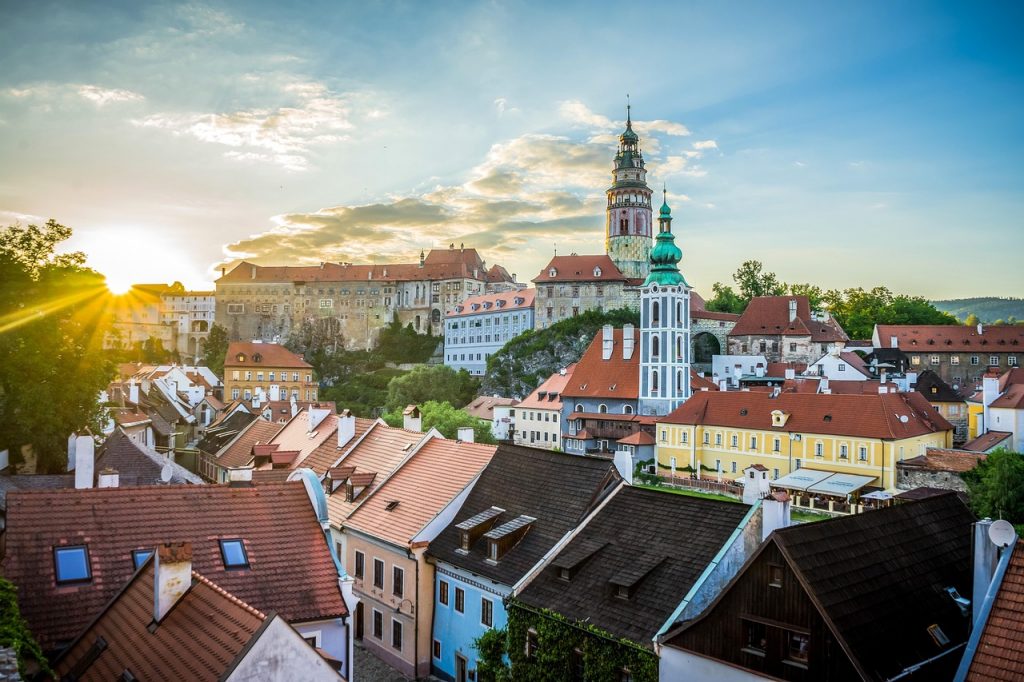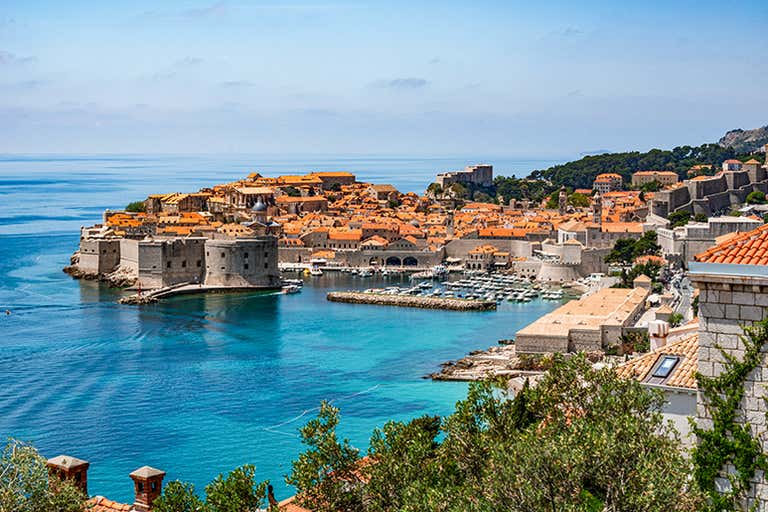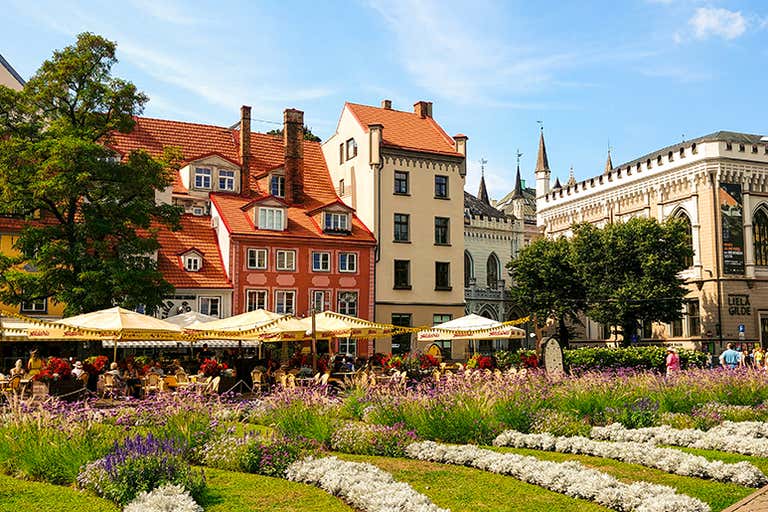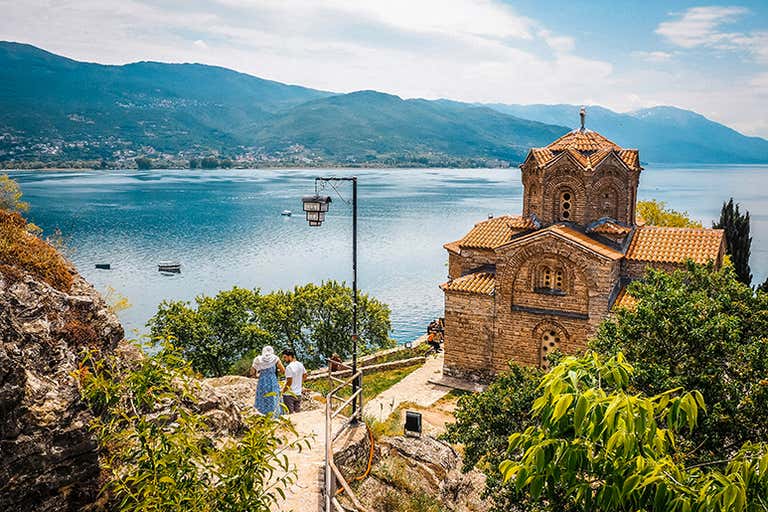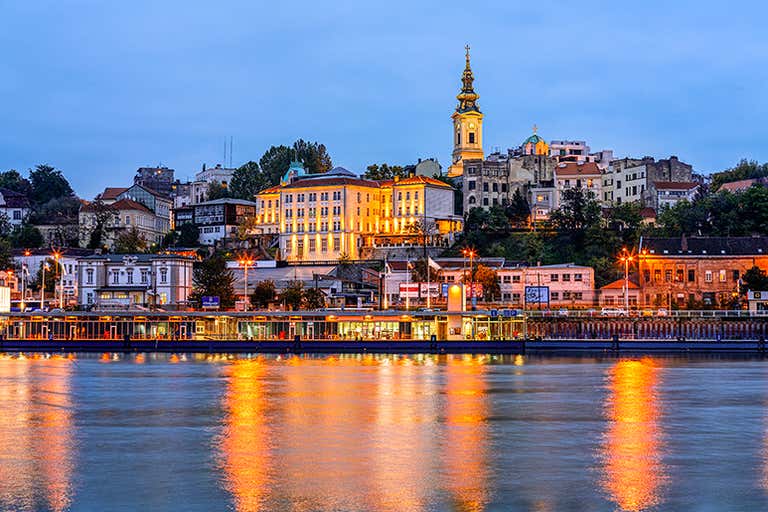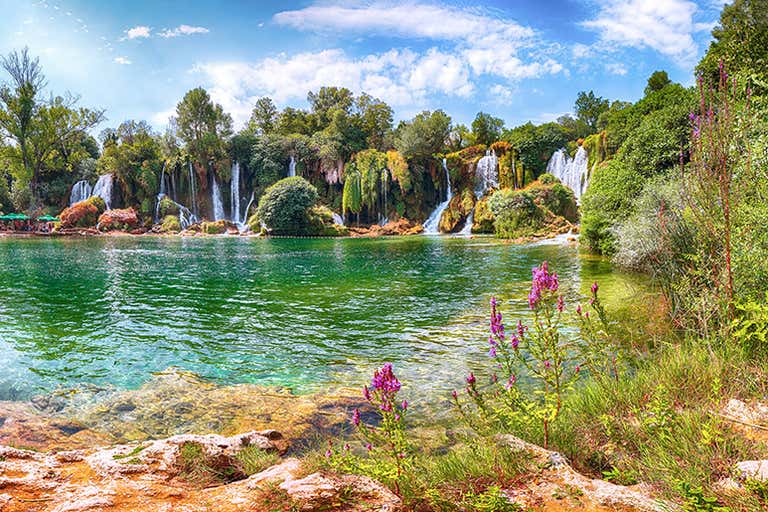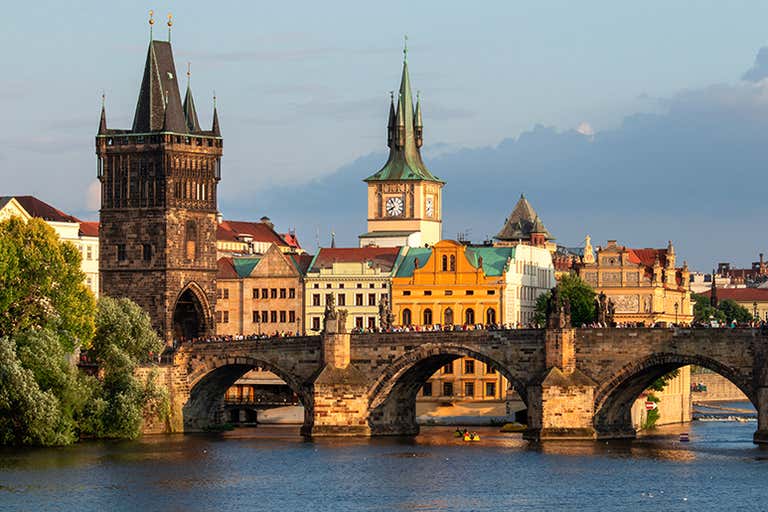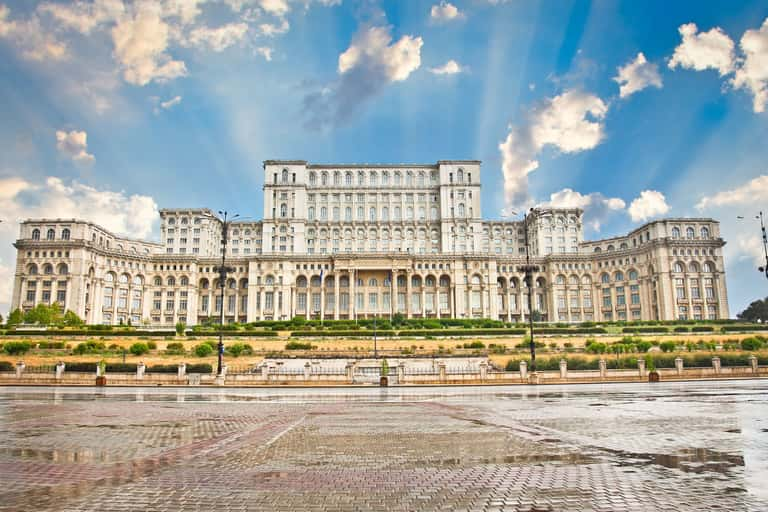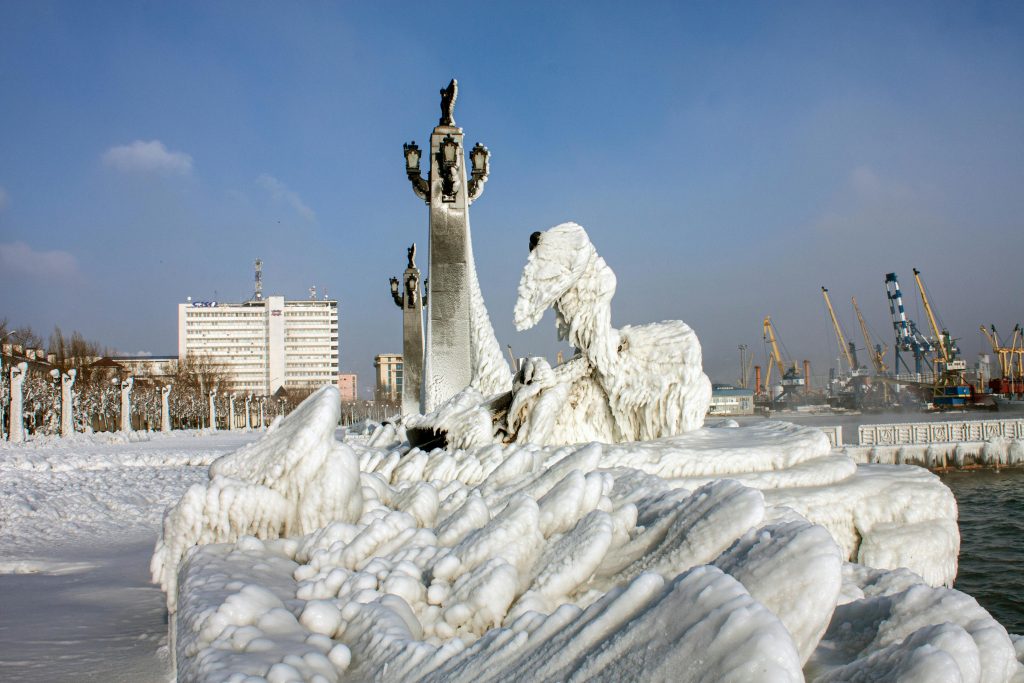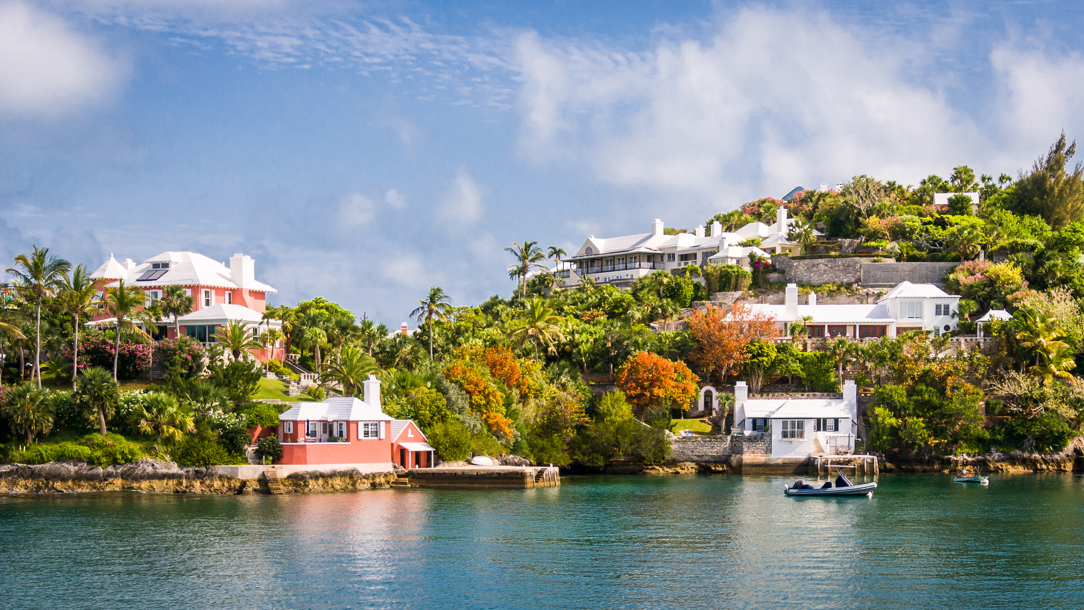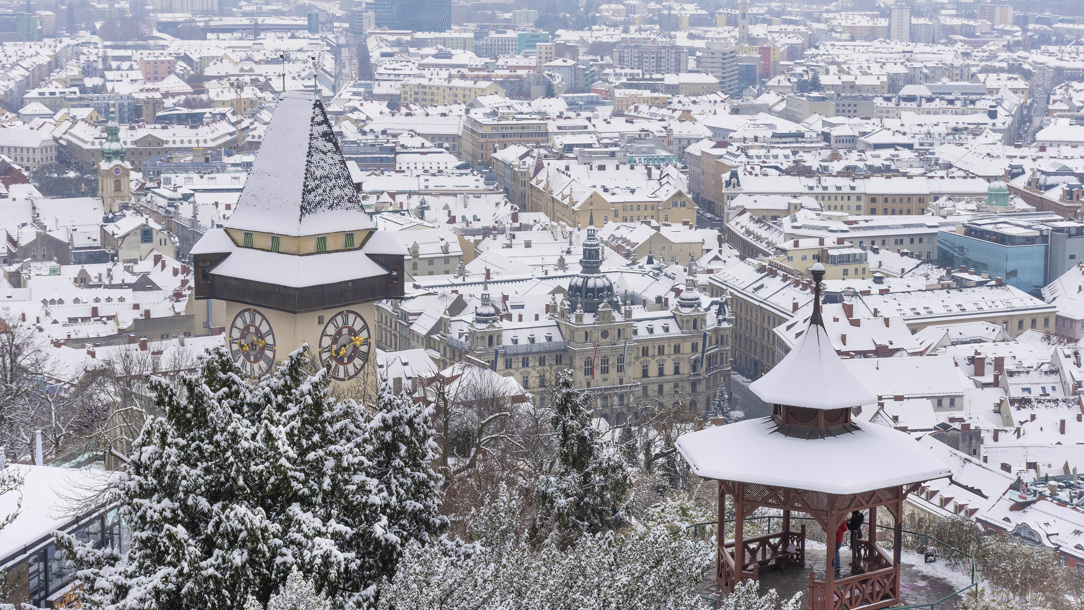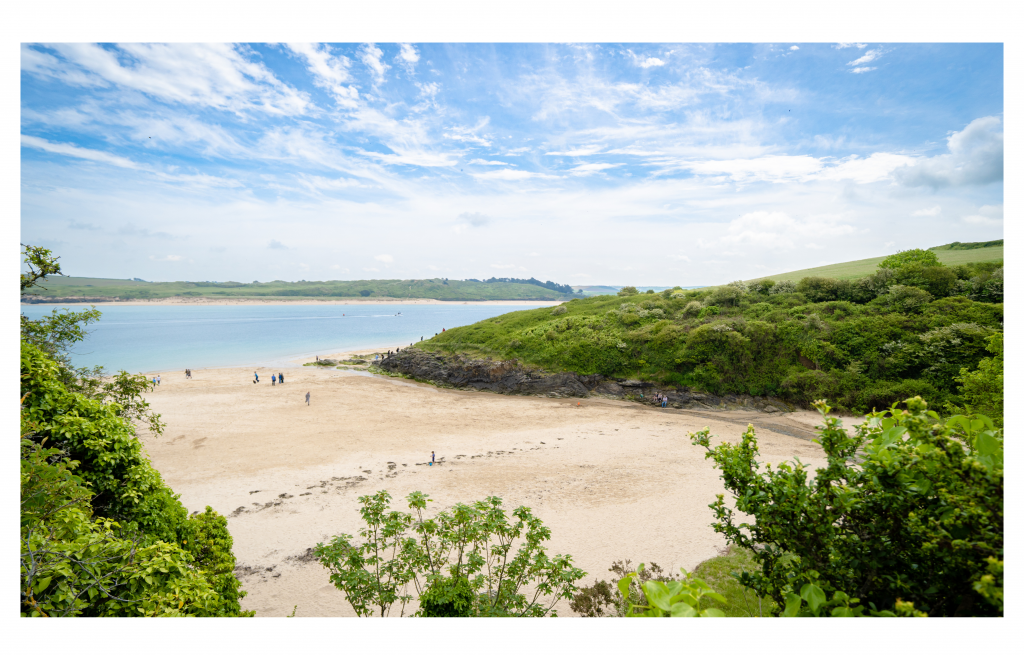Discover the cheapest travel destinations for 2026, each offering incredible experiences at budget-friendly prices.
by Hanna Krayer
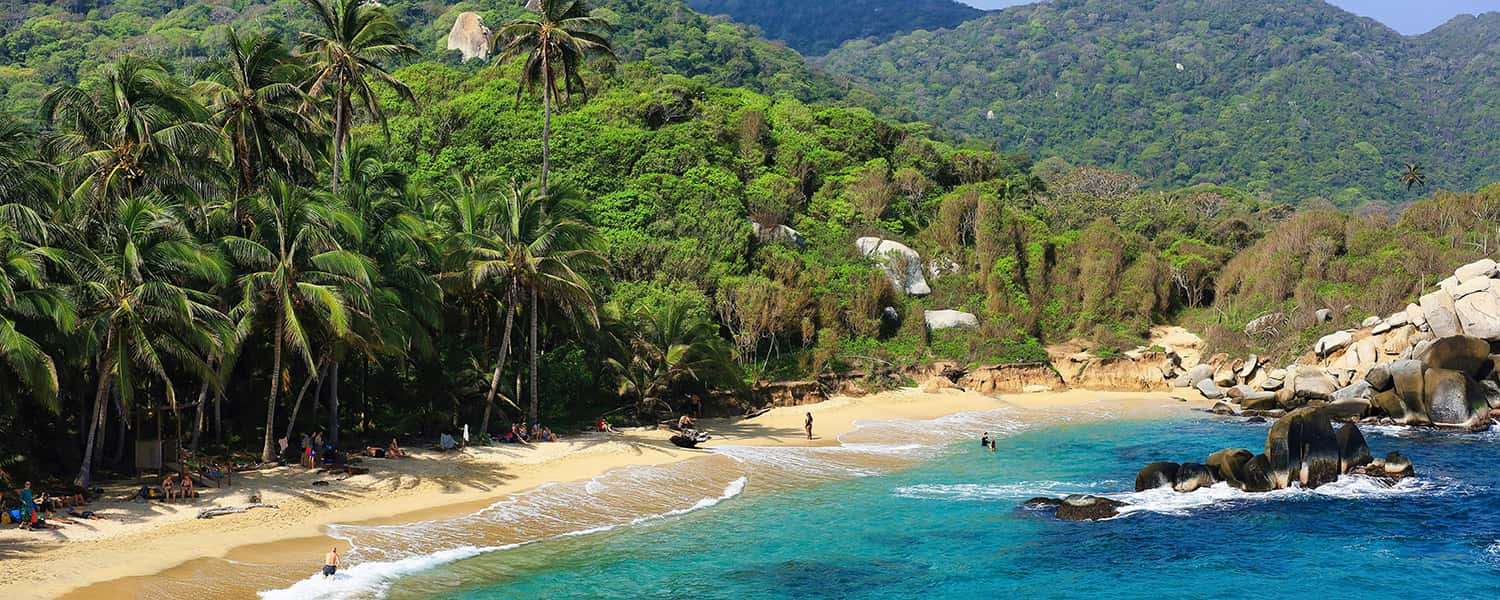
Who says you can’t travel on a budget and enjoy priceless experiences? You just need to know where to get more bang for your buck. This roundup of the cheapest places to travel to in 2026 has the exchange rate and cost of living research done for you.
Considering the average cost of food, transportation, and lodging — along with the most impressive and fun places to visit — here are 10 inexpensive travel destinations where you should go in 2026 to make your dollars stretch further.
Cheap places to travel in 2026 at a glance
Best for food: The street food scene in Vietnam is one of the best you’ll find on the planet — cheap, varied, and delicious.
Top choice for families: Ohrid, North Macedonia, is an ideal destination for families, offering a perfect blend of relaxing lake time and cultural exploration.
Best place to visit for solo travelers: Cusco, Peru, is a great place for solo travelers, because it attracts many young people from around the world.
Most unique beaches: Antalya, Türkiye, is home to many gorgeous Mediterranean beaches.
Ideal destination for couples: Sri Lanka offers an affordable getaway for two. The island has palm-lined beaches and colorful Buddhist temples.
1. Siem Reap, Cambodia

Cambodia’s temples make it one of 2026’s best value trips.
If you’re looking for a budget-friendly destination with rich culture, delicious cuisine, and roughly 300 days of sunshine annually, add Siem Reap, Cambodia, to your 2026 travel itinerary. The city is best known as the gateway to Angkor Wat, where you can explore awe-inspiring temples, ancient ruins, and sunrise views for a modest entry fee. Beyond the temples, visitors can wander through the Old Market and sample Cambodian street food, or experience Siem Reap’s lively nightlife along Pub Street.
Average prices in Siem Reap
Coffee: 6039 KHR ($1.50)
Beer: 4026 KHR ($1)
Dinner: 24,157 KHR ($8)
Public transportation: 1500 KHR ($0.37)
Are there any insider tips for Siem Reap?
If you plan to explore multiple temples, go for the 3-day or 7-day Angkor Pass instead of a single-day ticket. It’s better value for money and gives you time to visit at a relaxed pace. To catch the sunrise, visit before 5:00 AM to secure a good viewing spot and avoid the crowds.
Explore activities in Siem Reap

Siem Reap: Angkor Wat: Small-Group Sunrise or Sunset Tour

Siem Reap Floating Village Kampong Phluk Sunset with Boat
2. Hoi An, Vietnam

Ancient Town in Hoi An is a travel experience that is well above its price tag.
From Hanoi to Ho Chi Minh City, Vietnam is an inexpensive place to explore. As you travel the country on its infamous sleeper buses or night trains, disembark in the charming town of Hoi An. With an Ancient Town lit by lanterns, lush rice fields, and awesome beaches, it’s a tranquil place to explore while saving big on food and activities.
Average prices in Hoi An
Coffee: 30,000 VND ($1.30)
Beer: 20,000 VND ($0.87)
Dinner: 100,000 VND ($4.30)
Public transportation ticket: 7,000 VND ($0.30)
Are there any insider tips for Hoi An?
The most magical time to visit Hoi An is during its monthly Lantern Festival. There are also many free activities in Hoi An, and affordable walking tours of the Ancient Town, which are a great option to enjoy the city.
Explore incredible things to do in Hoi An

Hoi An: Vietnamese Coffee Culture and Coffee Making Class
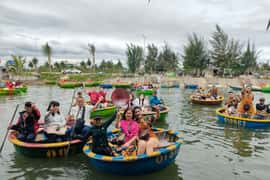
Hoi An: Basket Boat Ride in the Coconut Forest

Hoi An : Hoai River Boat Trip by Night and Floating Lantern
3. Yogyakarta, Indonesia
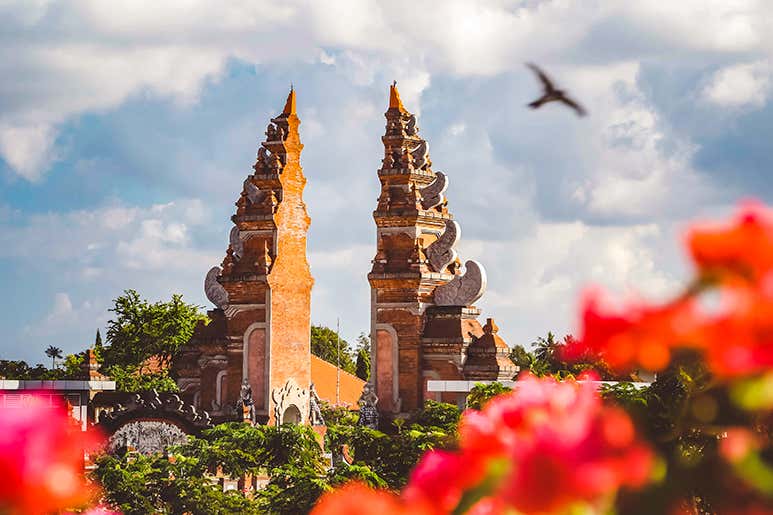
With stunning and inexpensive destinations from Bali to Yogyakarta, Indonesia attracts backpackers from around the world.
Anywhere in Indonesia is a great bang-for-your-buck destination, but Yogyakarta is one of the country’s lesser-explored gems with so much to offer. Here, you can watch the traditional Javanese shadow puppet theater (wayang) at the Sonobudoyo Museum and try the city’s specialty gudeg (sweet jackfruit stew) for less than five bucks. Don’t miss the Ramayana Ballet at Prambanan Temple and visit Borobudur — the largest Buddhist temple in the world.
Average prices in Yogyakarta
Coffee: 10,000 IDR ($0.70)
Beer: 25,000 IDR ($1.75)
Dinner: 50,000 IDR ($3.50)
Public transportation ticket: 3,500 IDR ($0.25)
What are some insider tips for Yogyakarta?
If you want to experience a Yogyakarta legend, get up early to buy traditional sweets from Lupis Mbah Satinem, who was featured on the Netflix show “Street Food: Asia.”
Find budget-friendly experiences in Yogyakarta

Yogyakarta: Borobudur sunrise(guarantee climb up)& Prambanan

Yogyakarta : Jomblang Cave & Pindul Cave Tubing Day Tour

Yogyakarta: Nighttime Walk and Food Tour
4. Antalya, Türkiye
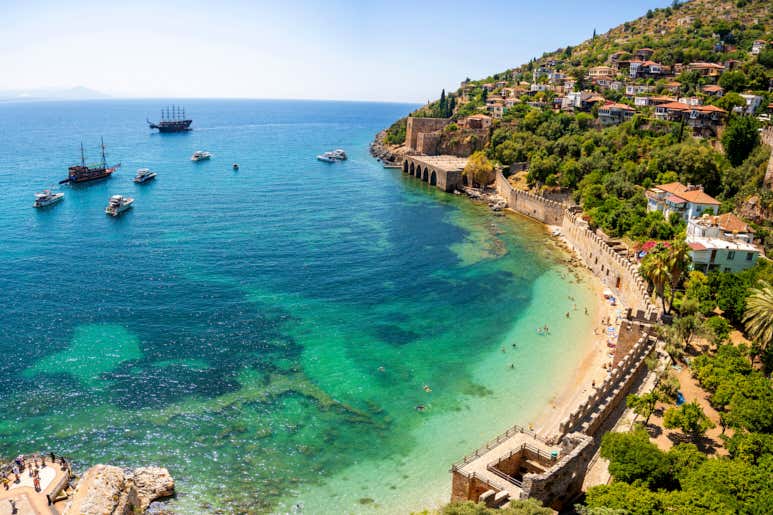
Turkey’s gorgeous coastline offers affordable beach escapes.
While Istanbul makes for a great vacation, packed with historic sites and Turkish culture, budget-conscious travelers may want to opt for Antalya, Türkiye, for its stunning natural beauty and plenty of affordable experiences. The city boasts pristine Mediterranean beaches, where you can relax or swim without paying high resort fees, and history buffs can explore ancient ruins like Aspendos, Perge, and Hadrian’s Gate. Antalya’s charming old town (Kaleiçi) offers budget-friendly cafés, and local markets provide delicious Turkish street food, all at a reasonable price.
Average prices in Antalya
Coffee: 20 TRY ($0.50)
Beer: 120 TRY ($2.85)
Dinner: 400 TRY ($9.50)
Public transportation ticket: 27 TRY ($0.64)
What are some insider tips for Antalya?
Antalya boasts an affordable and efficient tram system that connects the city center, beach areas, and the airport, so it’s easy to travel around. The Kaleiçi (Old Town) is also entirely walkable, and there are numerous free activities to enjoy.
Explore activities in Antalya, Türkiye

From Antalya/Kemer: Pamukkale & Hierapolis Day Trip w/Meals

Antalya: Old City Tour w/Boat Trip, Cable Car & Waterfalls
5. Medellín, Colombia
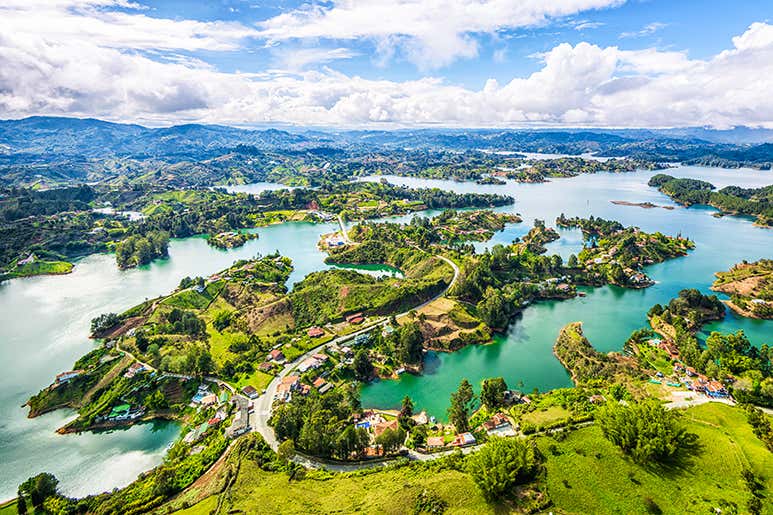
Medellín is a lively, inexpensive city, with incredible nature on its doorstep.
Colombia has long established itself as one of the world’s most affordable travel destinations. Besides Cartagena and Bogotá, Medellín has attracted many remote workers thanks to its affordable cost of living. It has shaken off its image as a dangerous city, once controlled by the Medellín drug cartel, and now hosts grand festivals like Tomorrowland’s CORE. From exploring the infamous neighborhood of Comuna 13 to day trips to Guatapé, a good time comes cheap in this vibrant metropolis.
Average prices in Medellín
Coffee: 4,000 COP ($1.00)
Beer: 5,000 COP ($1.25)
Dinner: 20,000 COP ($5.00)
Public transportation ticket: 2,500 COP ($0.60)
Are there any insider tips for Medellín?
December is an ideal month to visit Medellín for its renowned Christmas lights display. As the “City of Eternal Spring,” you’ll enjoy pleasant weather all year round.
Discover the best things to do in Medellín

Medellin: Guatape Tour with Boat, Breakfast, Lunch & Llamas







